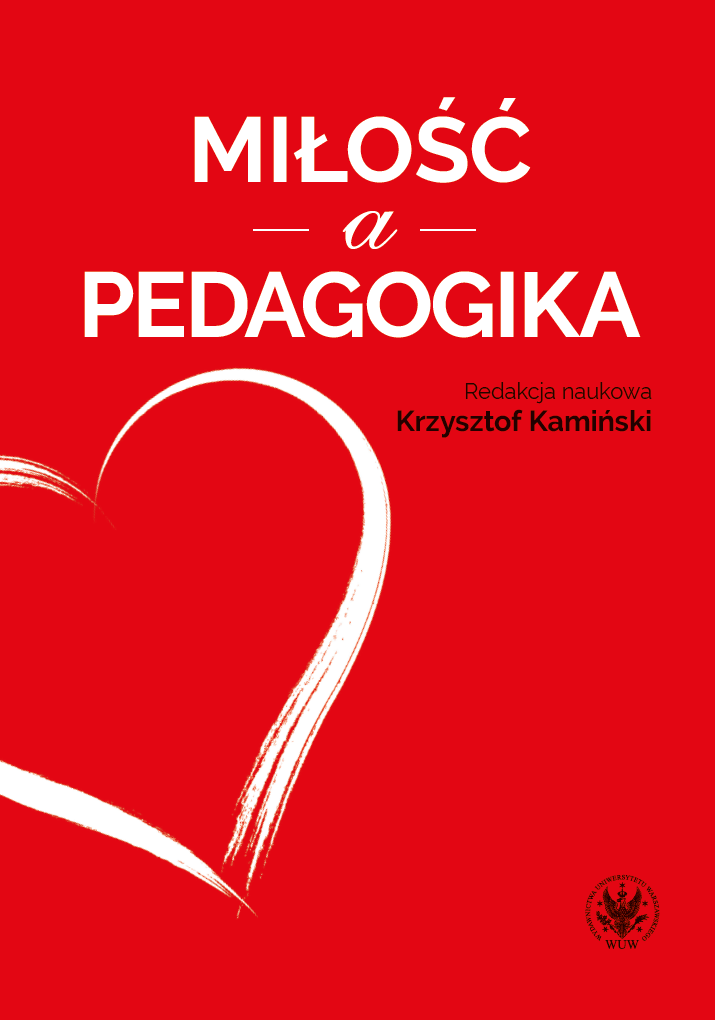Wychowanie jako dar miłości. Kilka uwag o filmie „Bezcenny dar” w reżyserii Michaela O. Sajbela w świetle założeń filozofii dialogu Józefa Tischnera
Upbringing as a gift of love. A few comments about the film “The Ultimate Gift” directed by Michael O. Sajbel in the light of Józef Tischner’s philosophy of dialogue
Author(s): Małgorzata Gajak-Toczek
Subject(s): Education
Published by: Wydawnictwa Uniwersytetu Warszawskiego
Keywords: pedagogy; upbringing; philosophy of dialogue; Józef Tischner
Summary/Abstract: In the article I introduce the educational project of the owner of a billion-dollarfortune Howard “Red” Stevens. It seems that the reflection on the methods ofeducation used by the great-grandfather, trying to help a young man accustomed toeveryday carelessness find the sense of existence, and not only in conditionsfavourable to man, but also in a situation of loneliness, danger, suffering, can bea significant signpost for contemporary parents who want to fulfil their duties ofpreparing sons and daughters to lead a responsible existence as faithfully as possible.It is worth following the ways in which the main protagonist translated his owneducative ideal into the language of practice and how he realized the ideals of thepedagogy of love. By referring to the assumptions of the personalistic philosophy ofdialogue of Józef Tischner in my commentary I will try to answer three fundamentalquestions: Who was human for Howard “Red” Stevens? What did he want to achievewhen he made (after his death) an attempt to raise a twenty-something-year-old man?And what kind of educational principles led the billionaire to achieve that goal?
Book: Miłość a pedagogika
- Page Range: 125-139
- Page Count: 15
- Publication Year: 2020
- Language: Polish
- Content File-PDF

